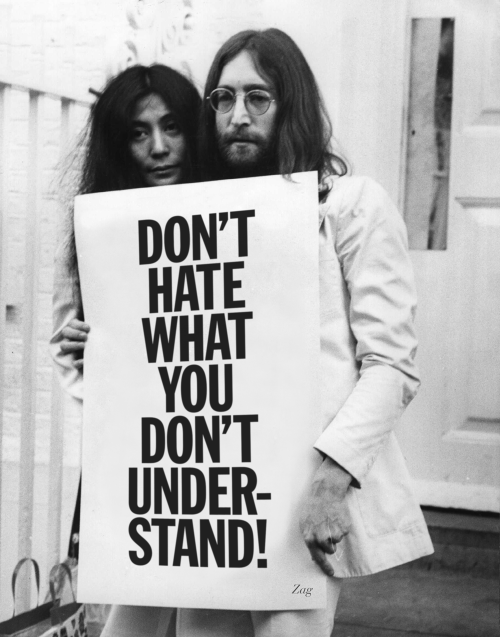In one of his essays, Christopher Hitchens quotes from some notes that Orwell had written in preparation for an essay that Orwell was writing even as he was dying in 1949.
<<<<<<<<<<<<<<<<<<<<
Within the last few decades, in countries like Britain and the United States, the literary intelligentsia has grown large enough to constitute a world in itself. One important result of this is that the opinions which a writer feels frightened of expressing are not those which are disapproved by society as a whole. To a great extent, what is still loosely thought of as heterodoxy has become orthodoxy. It is nonsense to pretend, for instance, that at this date there is something daring and original in proclaiming yourself an anarchist, an atheist, a pacifist, etc. The daring thing, or at any rate the unfashionable thing, is to believe in God or to approve of the capitalist system. In 1895, when Oscar Wilde was jailed, it must have needed very considerable moral courage to defend homosexuality. Today it would need no courage at all: today the equivalent action would be, perhaps, to defend antisemitism. But this example that I have chosen immediately reminds one of something else - namely, that one cannot judge the value of an opinion simply by the amount of courage that is required in holding it.
-- George Orwell
{Source: Christopher Hitchens, “Evelyn Waugh: The Permanent Adolescent” in Arguably}
>>>>>>>>>>>>>>>>>>>>
<<<<<<<<<<<<<<<<<<<<
Within the last few decades, in countries like Britain and the United States, the literary intelligentsia has grown large enough to constitute a world in itself. One important result of this is that the opinions which a writer feels frightened of expressing are not those which are disapproved by society as a whole. To a great extent, what is still loosely thought of as heterodoxy has become orthodoxy. It is nonsense to pretend, for instance, that at this date there is something daring and original in proclaiming yourself an anarchist, an atheist, a pacifist, etc. The daring thing, or at any rate the unfashionable thing, is to believe in God or to approve of the capitalist system. In 1895, when Oscar Wilde was jailed, it must have needed very considerable moral courage to defend homosexuality. Today it would need no courage at all: today the equivalent action would be, perhaps, to defend antisemitism. But this example that I have chosen immediately reminds one of something else - namely, that one cannot judge the value of an opinion simply by the amount of courage that is required in holding it.
-- George Orwell
{Source: Christopher Hitchens, “Evelyn Waugh: The Permanent Adolescent” in Arguably}
>>>>>>>>>>>>>>>>>>>>
